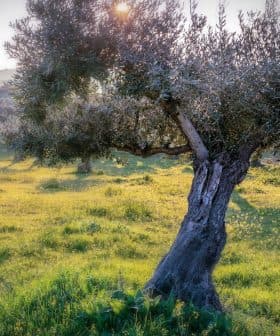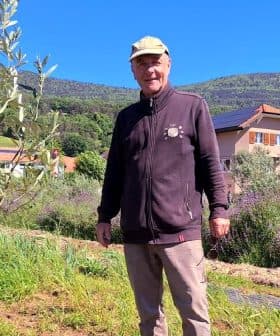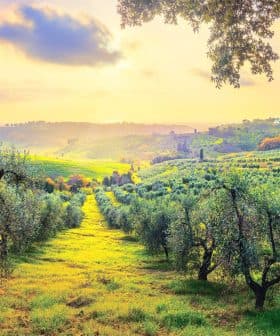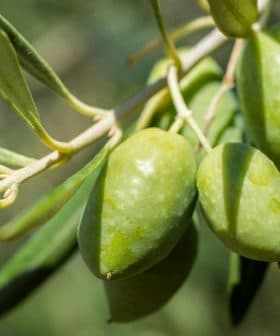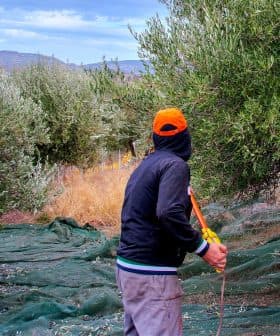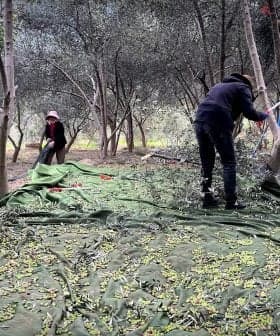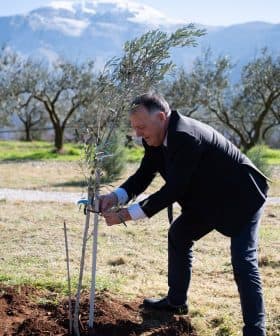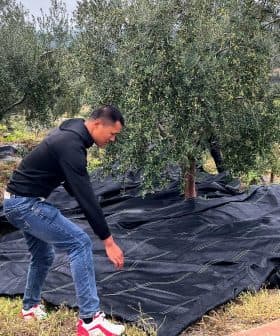A Call for Smarter Irrigation
Spanish researchers suggest using satellites or remote-controlled aircraft to scan olive plantations for smarter irrigation, dividing zones based on water needs and installing sensors to monitor water stress and improve oil quality. The experts emphasize the importance of managing regulated deficit irrigation properly to save water, increase productivity, and maintain crop yield, calling for a change in attitude towards more efficient irrigation management in olive growing.

Using satellites or remote-controlled ‘model’ planes or helicopters to scan olive plantations could be one of the keys to smarter irrigation, Spanish researchers say.
The temperature data obtained would help producers divide plantations into zones according to likely water needs. They could then install just a few sensors in each of these zones in order to better monitor the water stress of the olive trees and irrigate accordingly — reducing water use and improving oil quality, according to the scientists at the Institute for Natural Resources and Agrobiology in Seville.
Part of the institute’s Irrigation and Crop Ecophysiology group, they recognise that not all producers would have the knowledge necessary to interpret the sensor data but suggest that modern technology could again come to the rescue. Cooperatives, for instance, could pay an expert to manage the sensors and analyze their data and then send specific advice to each farmer — via cell phone — on how much and when to irrigate. Such systems are already in place in some areas of Spain.
In a paper published by Interempresas, the researchers say irrigation is increasingly used on olive plantations and knowledge of how best to use it is becoming more sophisticated but not filtering down enough to farmers.
Regulated deficit irrigation (RDI) — which involves scheduling periodic cycles of water stress — is the most commonly used system in the estimated 2.3 million hectares of irrigated olive plantations worldwide.
“That’s not just because there is often a lack of water in olive-growing regions, but because it is also the method that delivers the best crop productivity. In other words, the highest net income per unit of water used for irrigation,” the paper says.
“It can achieve significant savings in water use (ranging from 25 – 60 percent in lower costs) without significantly affecting production and, in many cases, with notable increases in oil quality.”
“However, any irrigation strategy when poorly managed can significantly reduce crop yield and, furthermore, shorten the life of the plantation. Which is why appropriate knowledge and equipment are needed to manage RDI with skill and precision, in particular to monitor the olive trees’ water stress level,” the experts warn.
The article goes on to evalute the variouis water stress measurement methods and concludes with a call for a change in attitude by olive growers to accept “that the path to better crop productivity and, ultimately, agricultural sustainability, lies in more efficient irrigation management.”


